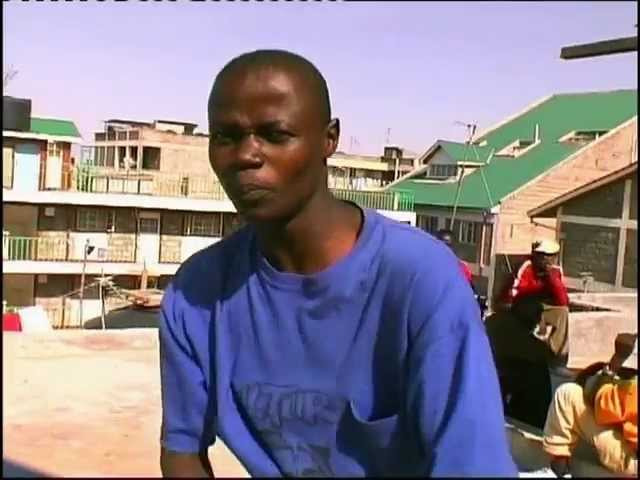The Rise of The Gospel in Kenyan Hip-Hop
24 September 2020

by Kabura Ng'ang'a
For the longest time in Kenya, hip-hop was not counted as a genre in the Gospel industry. This is mostly because the way the music industry was set up in Kenya, the pop sound relied heavily on the Western sound. This therefore meant that the hip-hop scene was presented as some hood and gangsta thing which included a lot of gang banging and violence which did not align with Christianity.
Not to mistake this for rappers, the gospel industry has had rappers but they did not quite classify their music as hip-hop. However, away from the Gospel music industry, the hip-hop scene was growing under the wings of Kalamashaka, MauMau , Ukoo Flani and many more artists from this sect.
It was until a time when Juliani parted ways with Ukoo Flani to pursue a career with Gospel and conscious music that we can trace the coming of a time in the Gospel industry when hip-hop was accepted as a genre and more rappers went by that genre.
Juliani came in with his Dandora swag and did not mind putting us on his sheng lyrics which amazingly was well received within the Christianity circles. Juliani would then become an inspiration for many artists such as A-Star, Rigga and EkoDydda who were Christians but did not know how they would step into the music industry.
Before Juliani, rappers garnered a lot of inspiration from the likes of Stitchie and Papa San who were very aggressive about their delivery but at the same time very deliberate about their message of the gospel. After the Juliani era, hip-hop in the Gospel industry was shaped and even Gospel award shows acknowledged the existence of hip-hop in their radar.
We have now seen the Gospel hip-hop scene grow and rappers from Kenya being more deliberate about having a hip-hop culture that is representative of Christianity and not identifying as just rappers.





Leave your comment